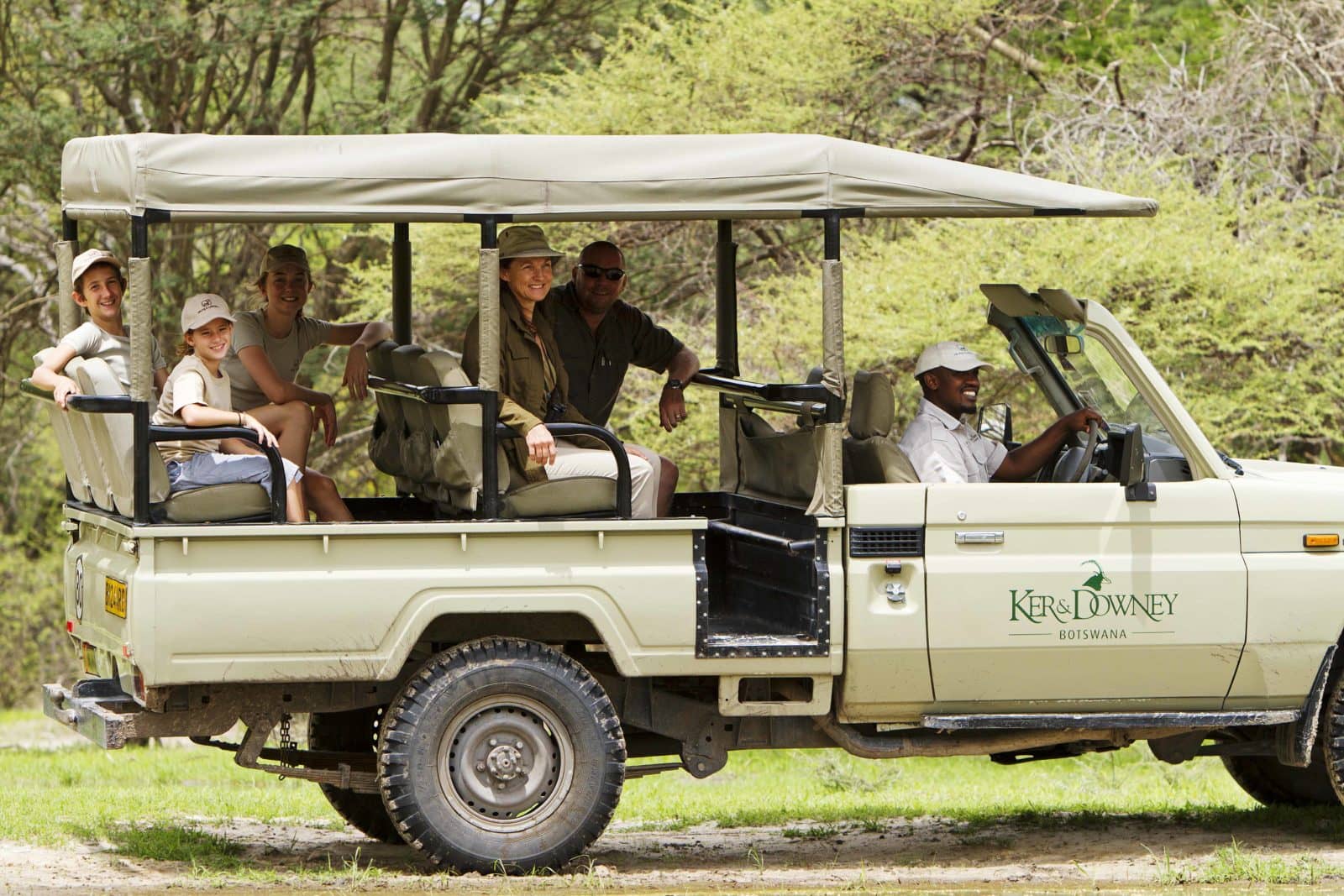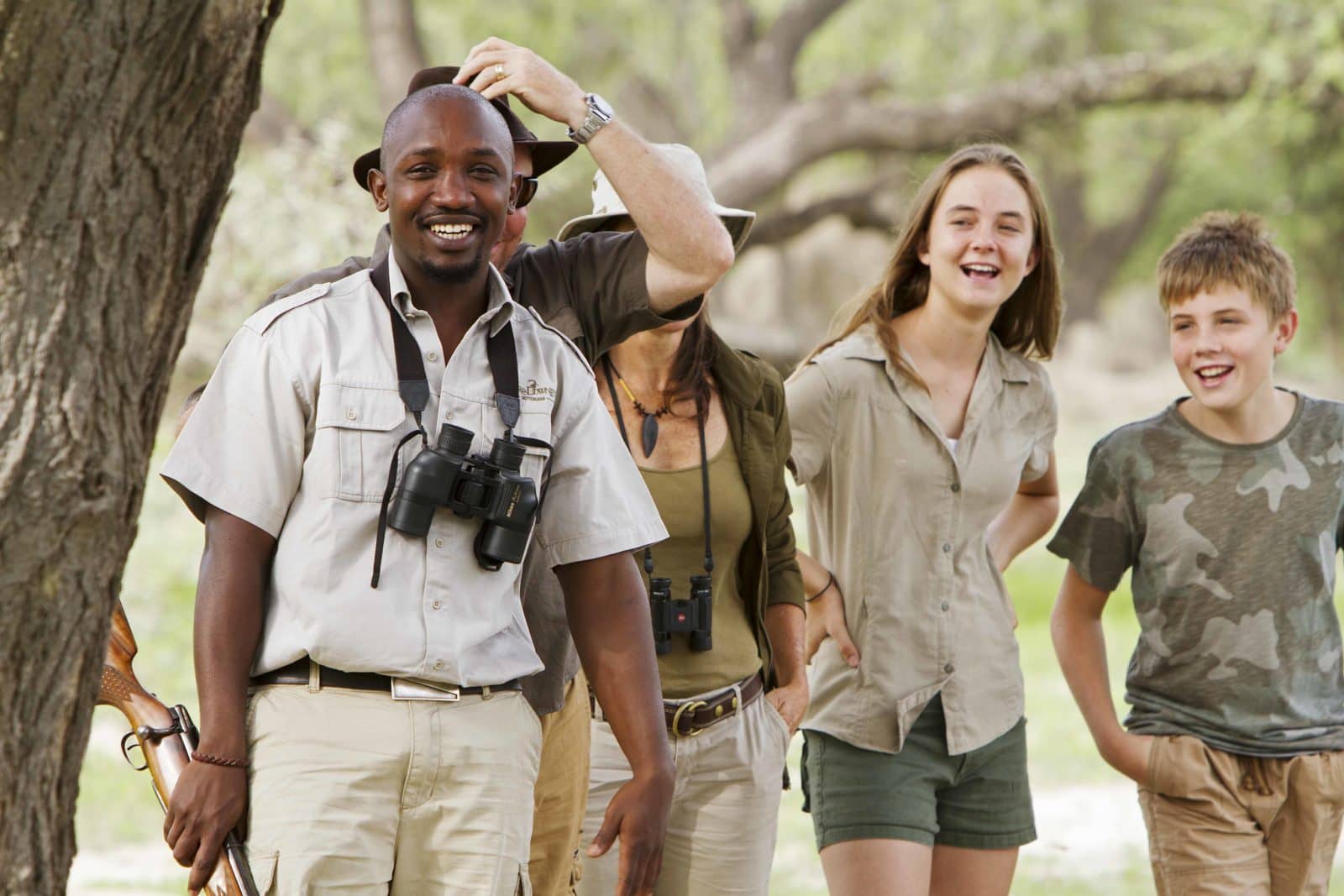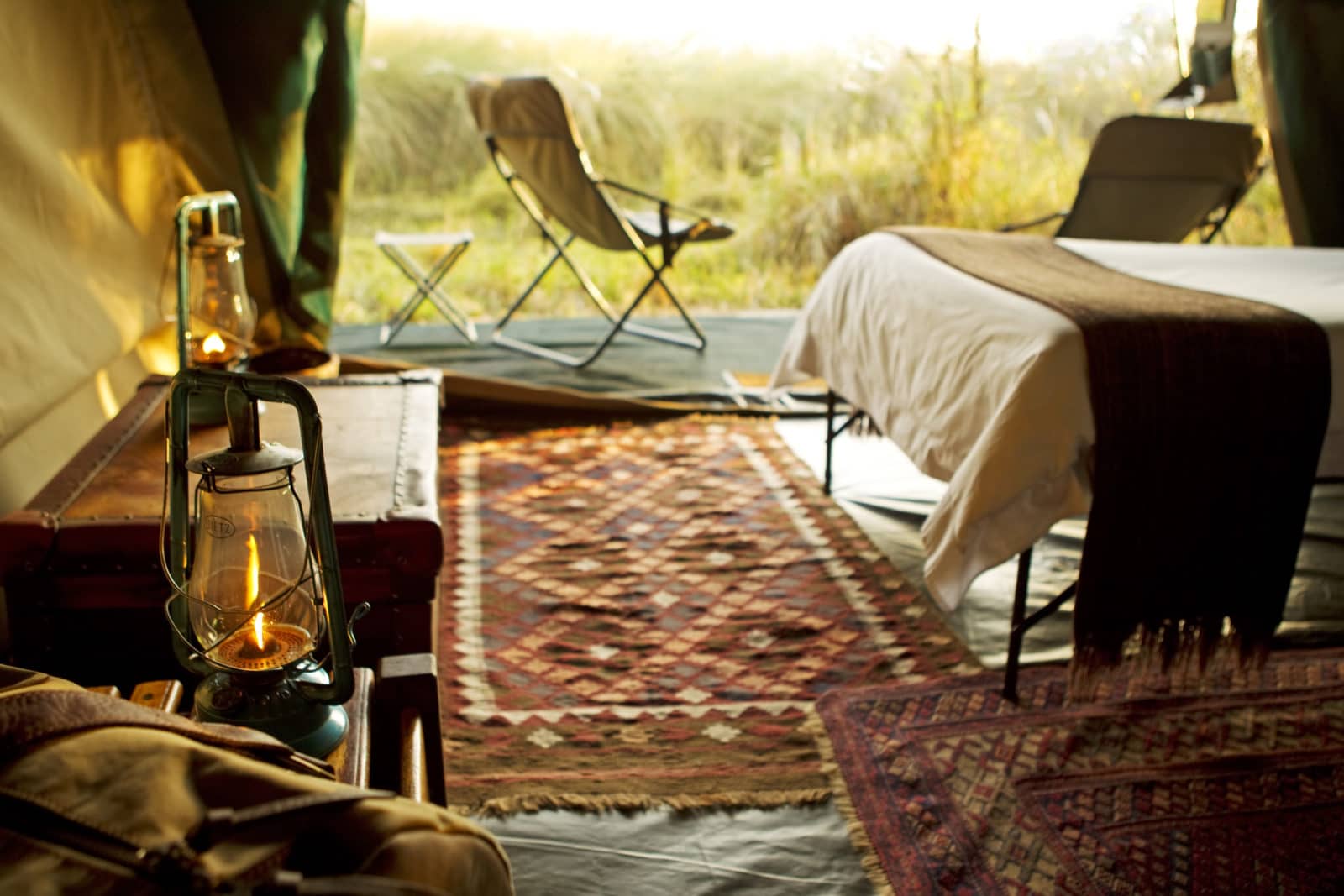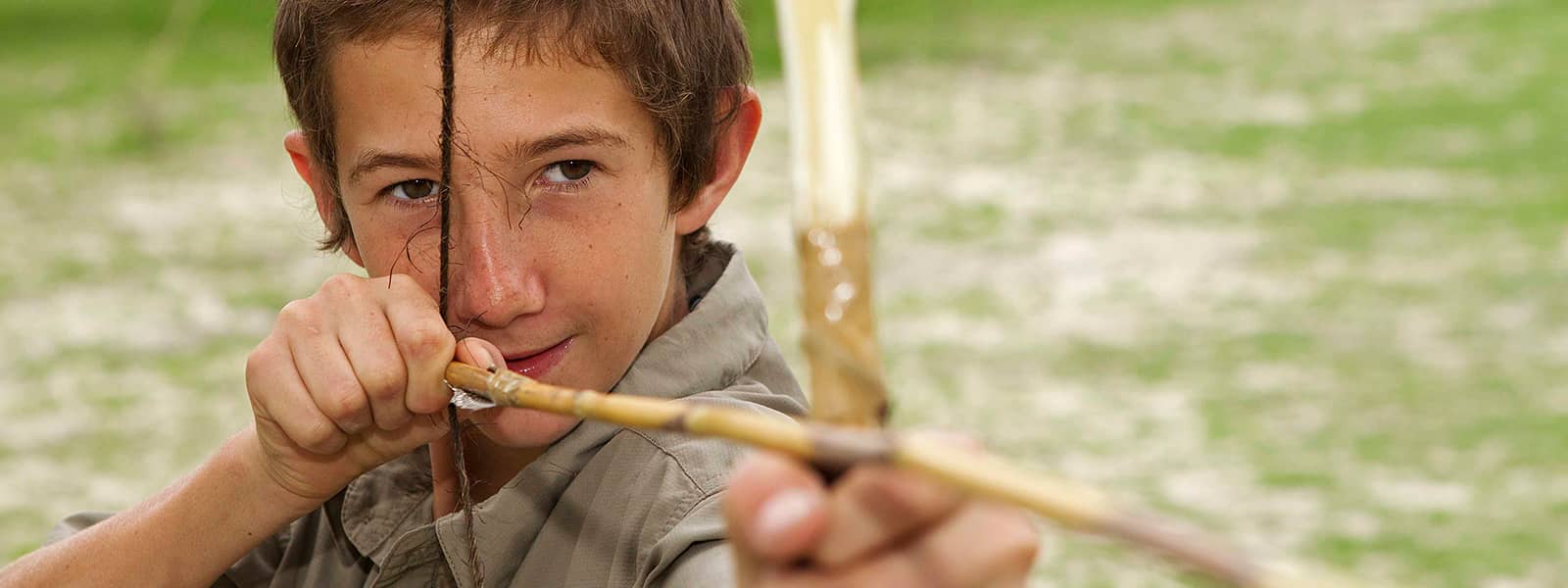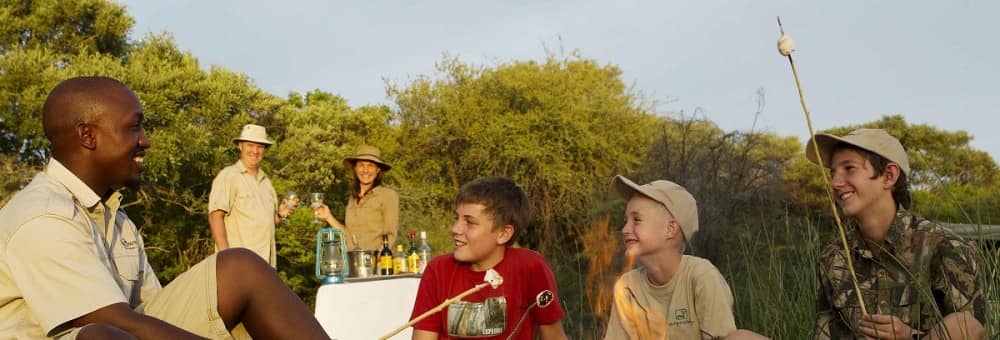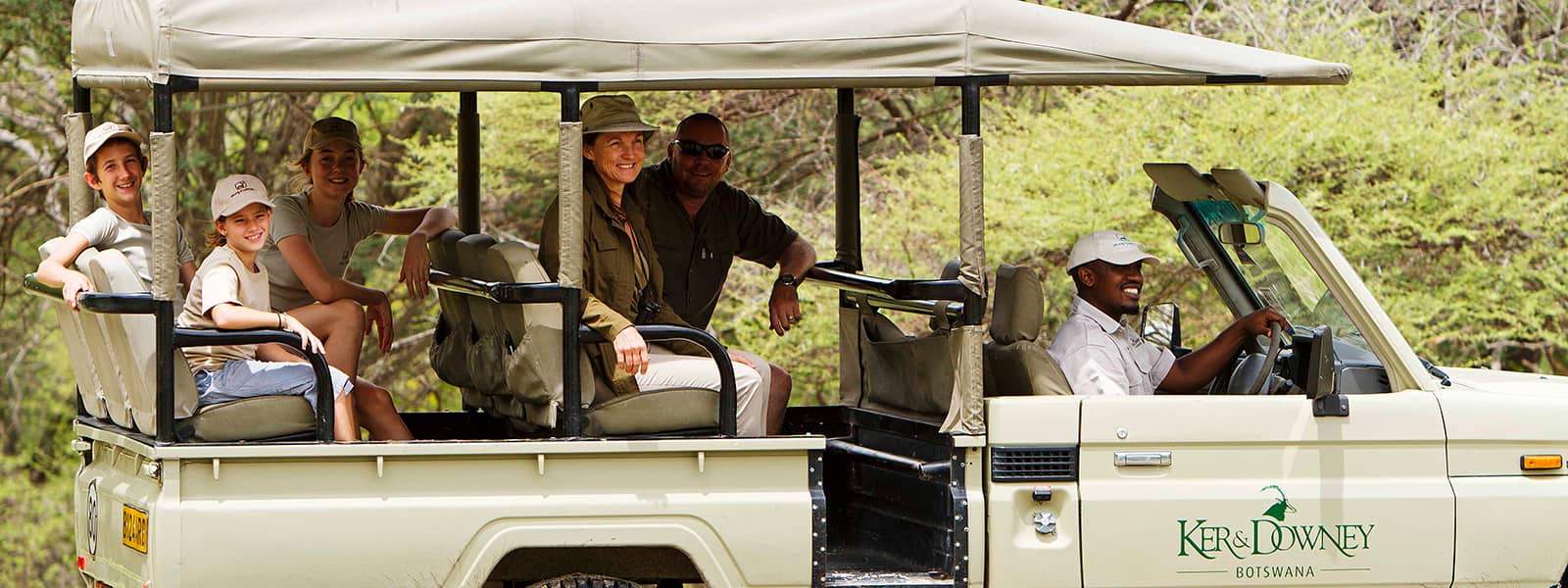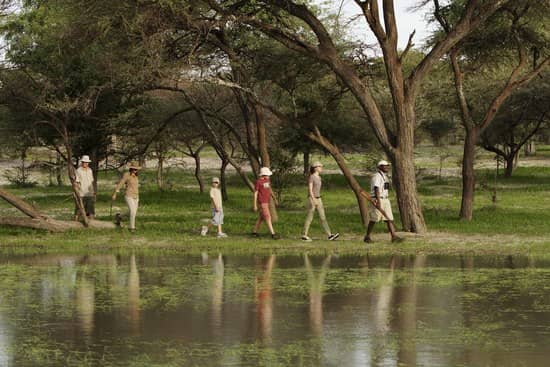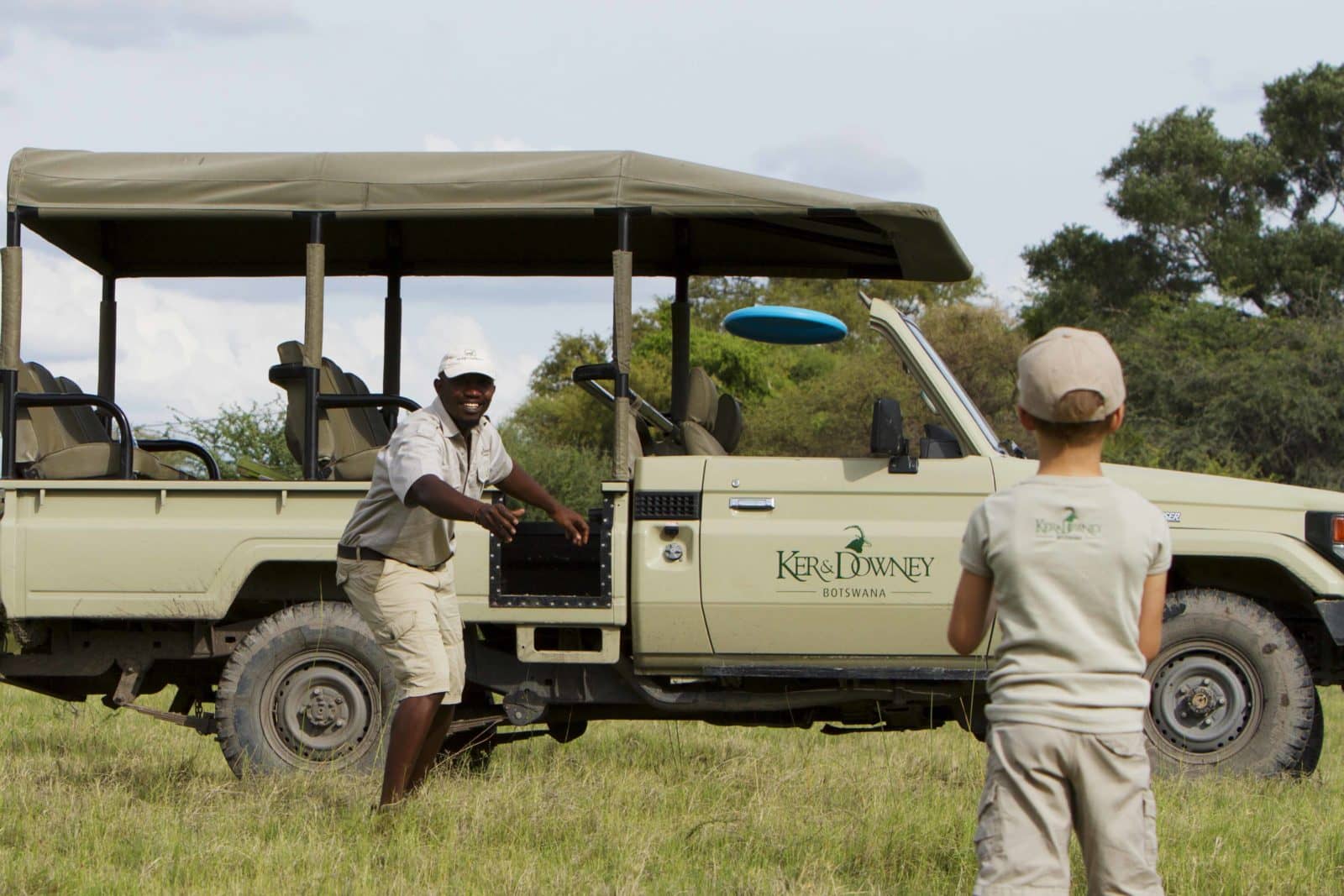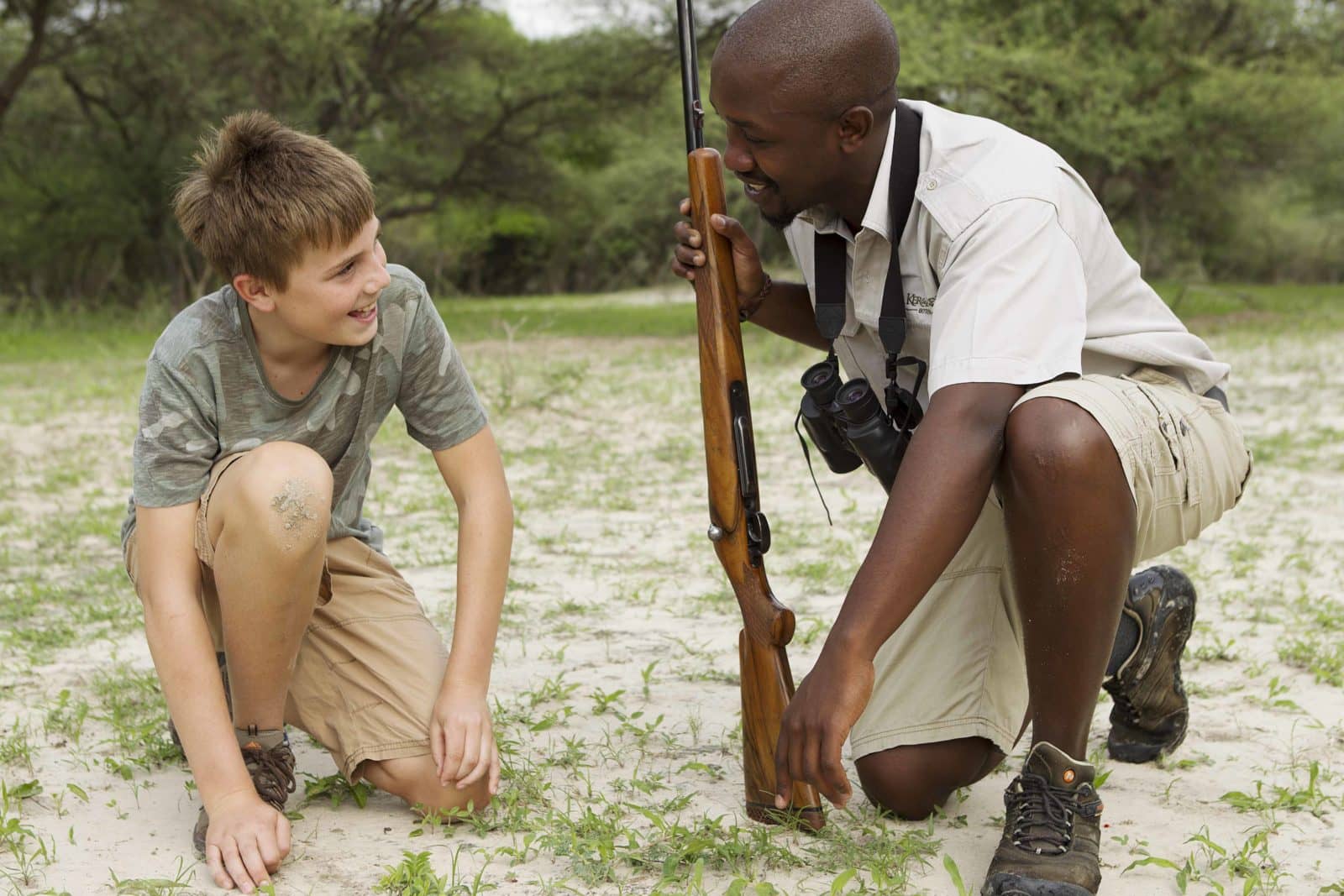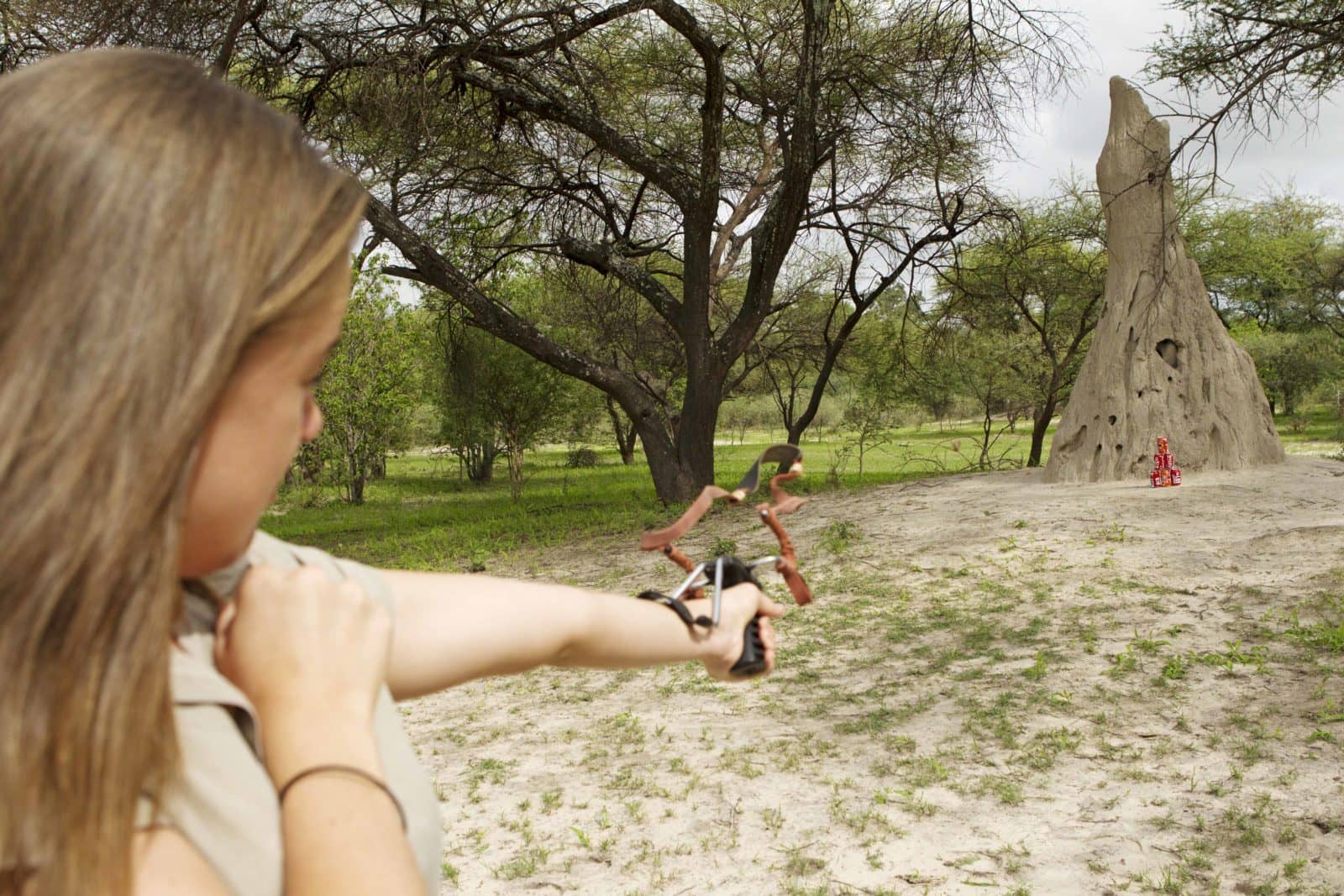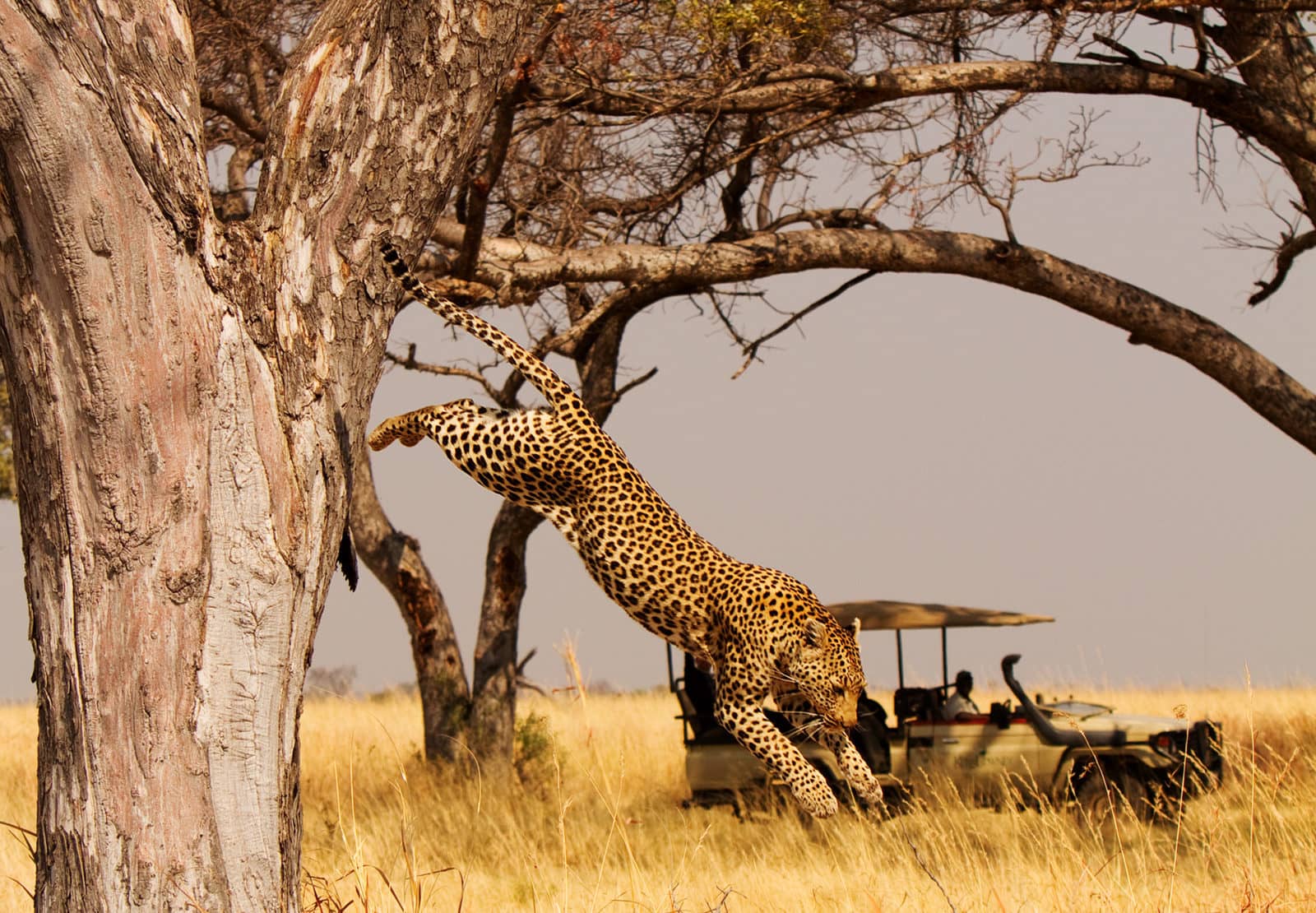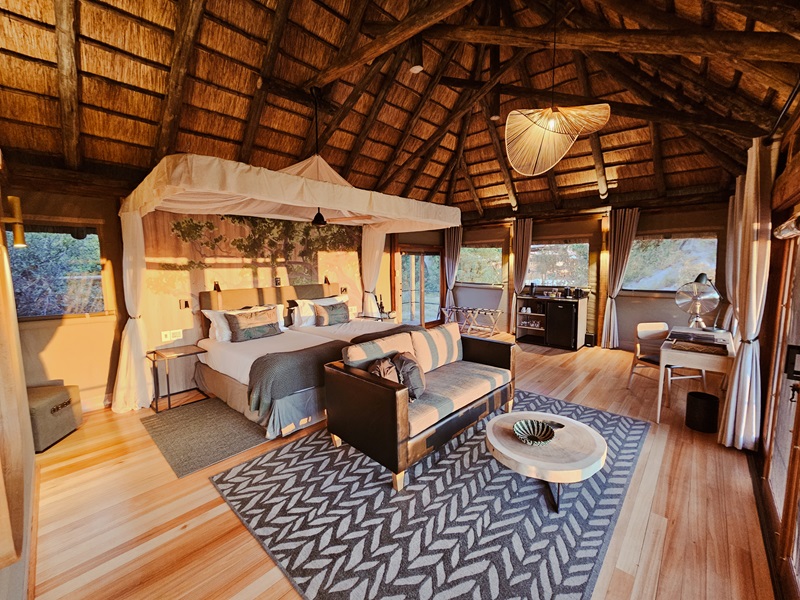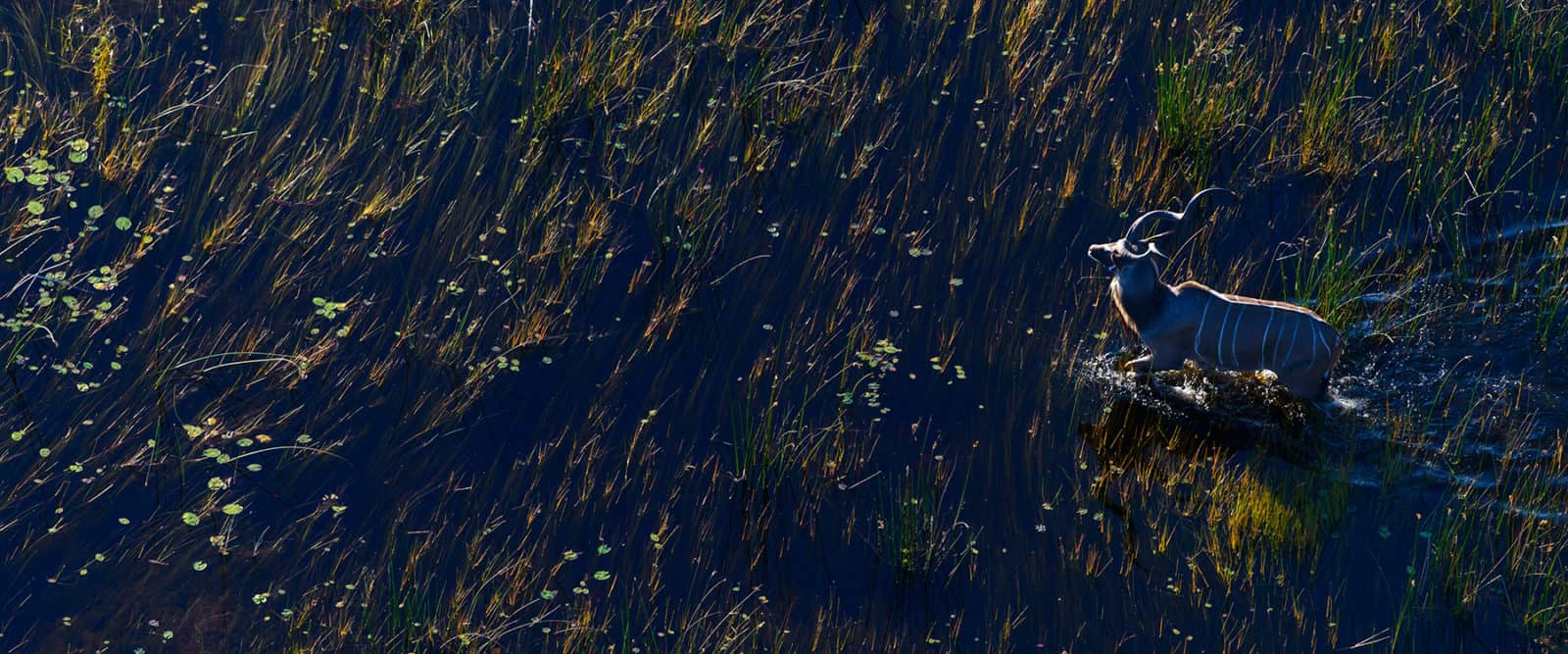On arrival in Maun you will be met by a representative and assisted onto your flight to the Shinde private concession. The flight is approximately 25 minutes and offers the best introduction to the Okavango which is spectacular from above. Landing at the bush airstrip you are met by your personal guide and continue to camp in an open safari vehicle. A drive game drive of about 30 minutes. The adventure begins as the drive allows you to acclimatise to the bush, while your guide gives you tips on how to spot game animals and birds in the wilderness. On arrival in your private tented camp, a refreshing drink and light lunch awaits. Over lunch your guide will brief you on safety, and then it is time to settle into camp, while planning your activities with your guide.
Later in the afternoon, as the temperatures cool, it is time to begin your introduction to bush craft and some basic rules regarding animal behaviour. One of the most important lessons is to treat all the inhabitants of the wilderness with respect and you will learn that the bush is a safe and fascinating place to be. A short walk from camp allows you to become accustomed to the sights, sounds and smells that make up the language of the African bush. The wilderness is constantly talking to you and your guides will begin to show you some of basics. The more you are aware of what is happening around you, the more you will take away from your adventure!
On return to camp, a piping hot bucket shower under the stars awaits, followed by a tasty dinner. Around the campfire we consider the lessons of the day and learn more about Botswana, the history of the country and its people. For those that can stay awake long enough we can view the stars and interesting constellations of the African sky before heading to bed, ready for an early start the following day.
